Critical Thinking Normal Worksheets for Ages 5-9 - Page 3
99 filtered results
-
From - To
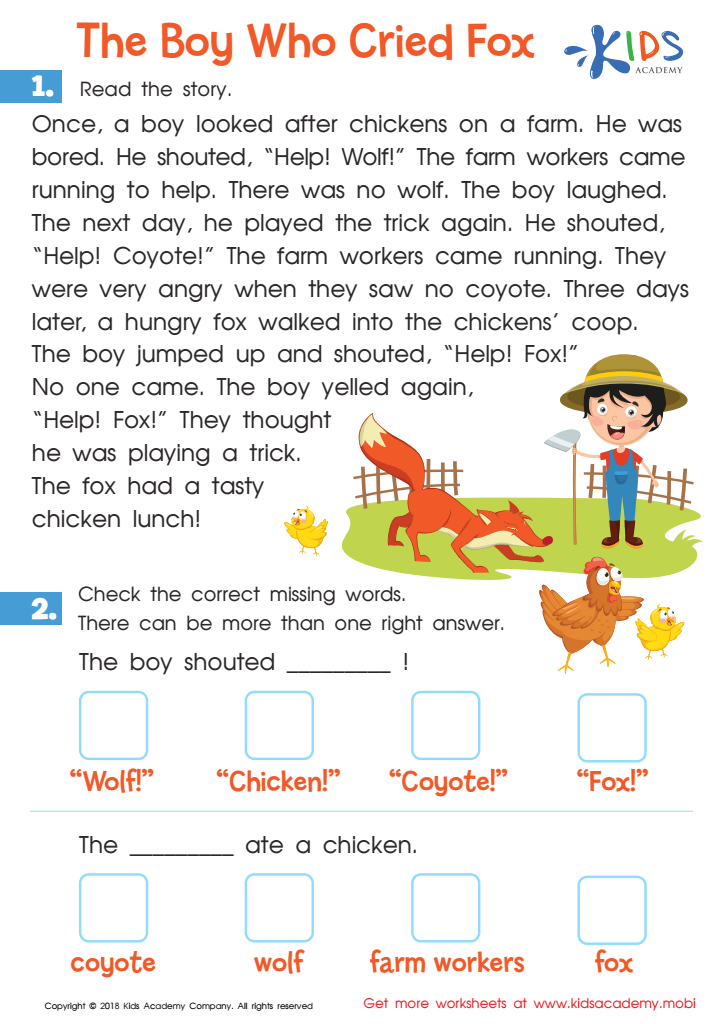

The Boy Who Cried Fox Worksheet
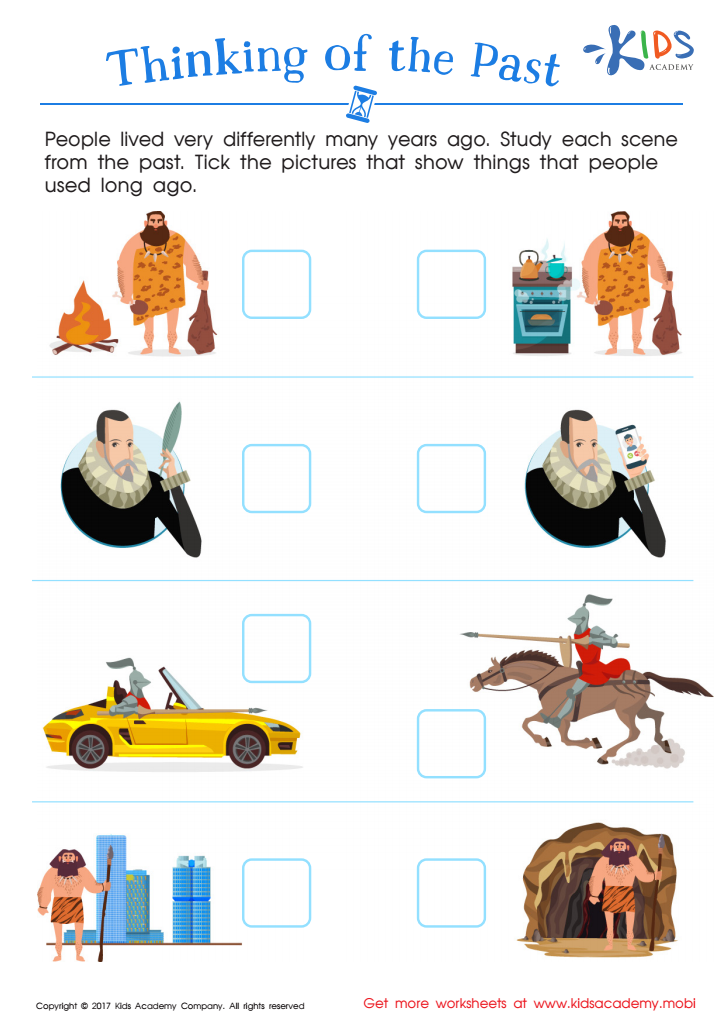

Thinking Past Printable


Thanksgiving Holiday Printable
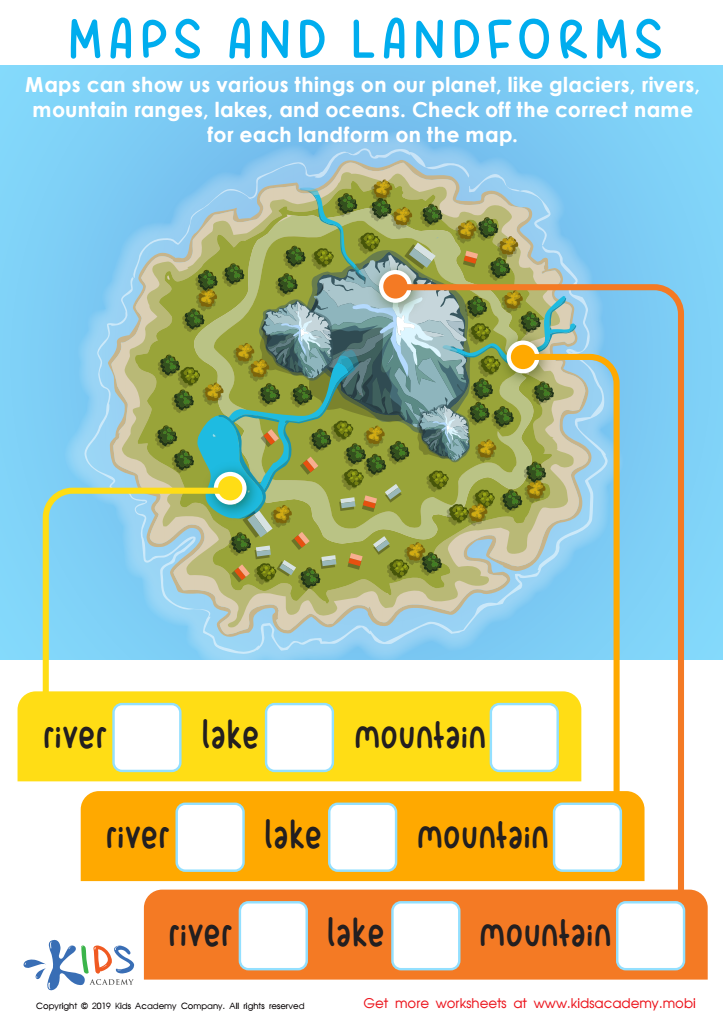

Maps and Landforms Worksheet
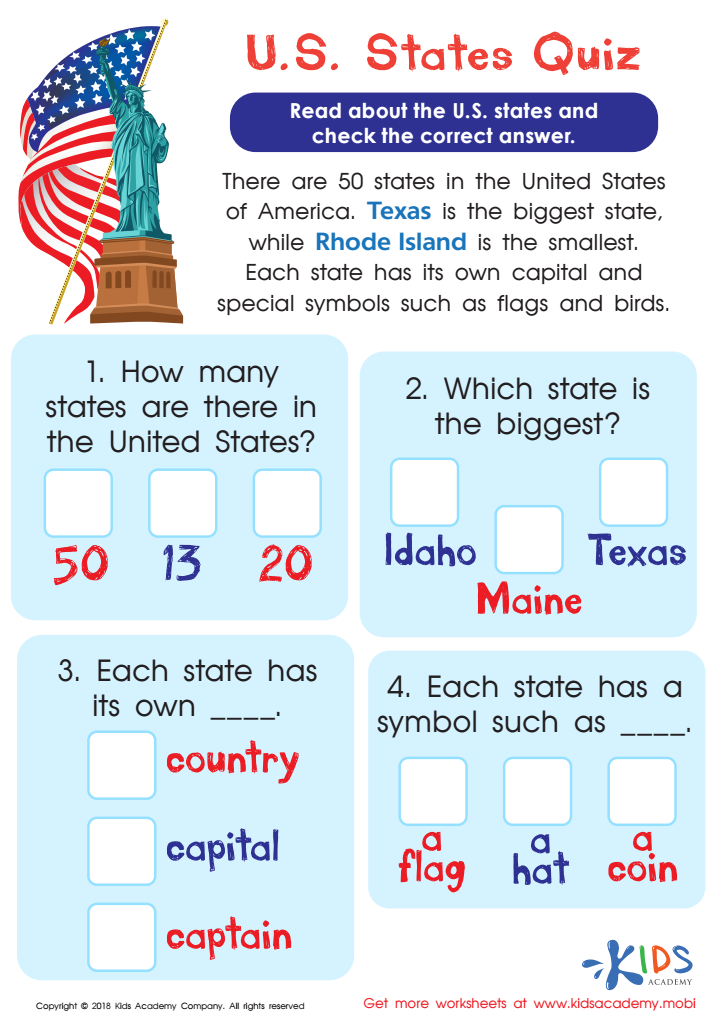

U.S. States Quiz Worksheet
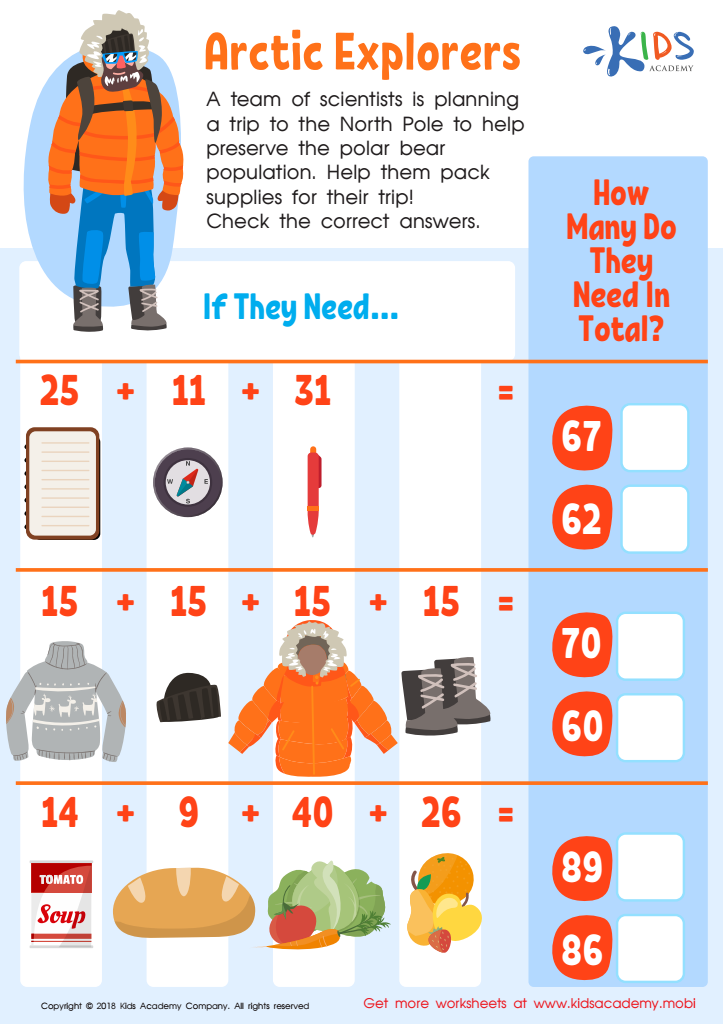

Arctic Explorers Worksheet
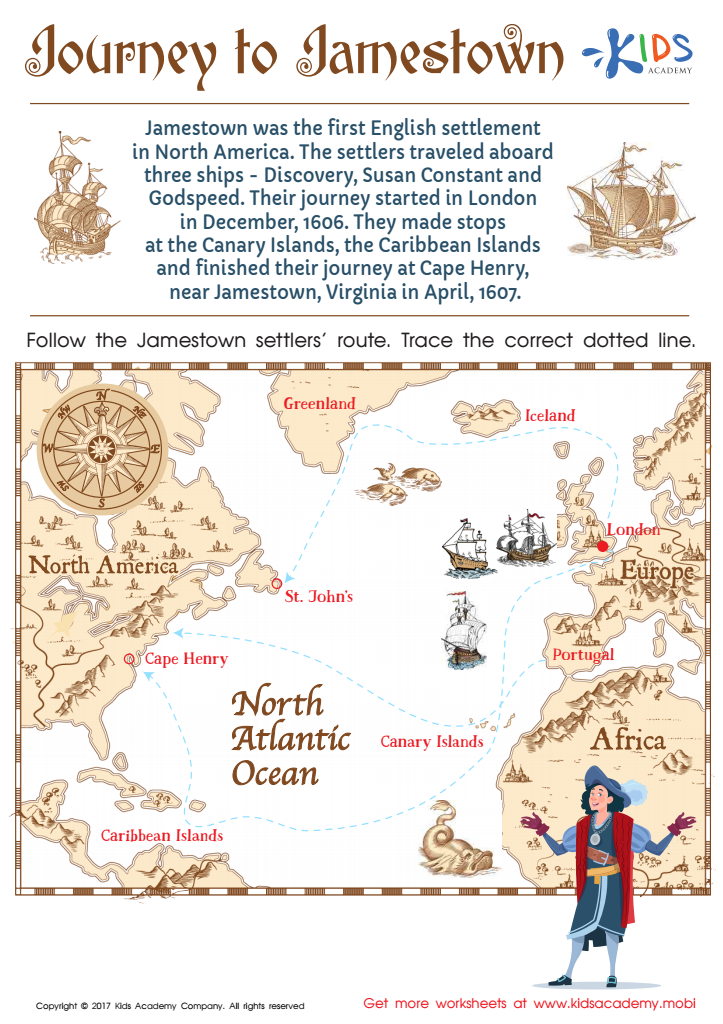

Journey to Jamestown Worksheet
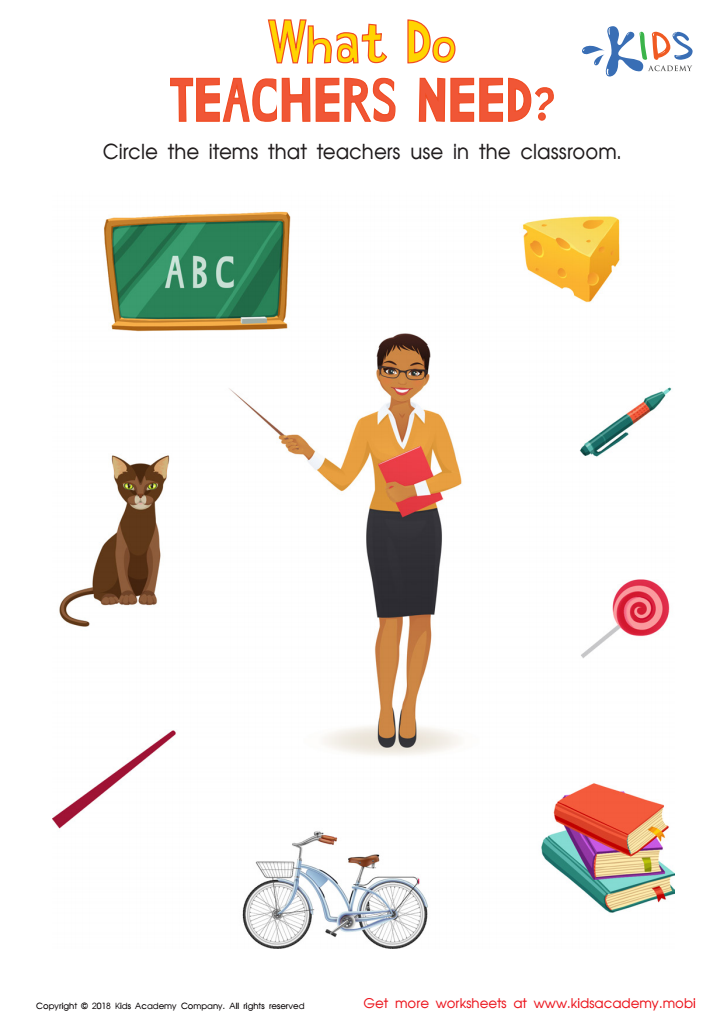

What Do Teachers Need Worksheet
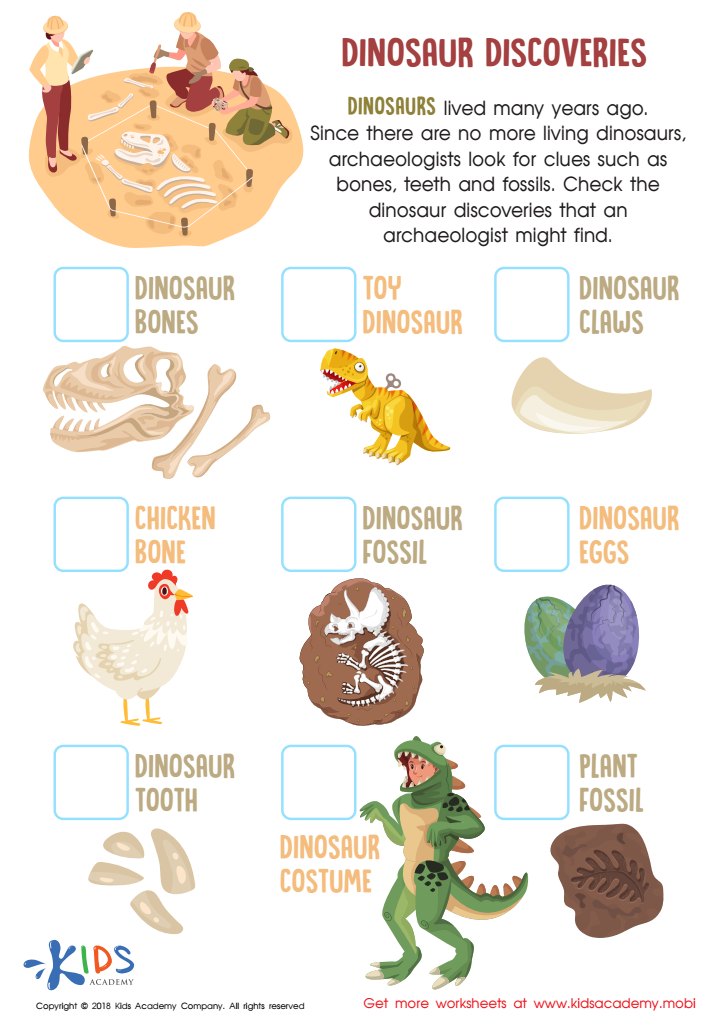

Dinosaur Discoveries Worksheet
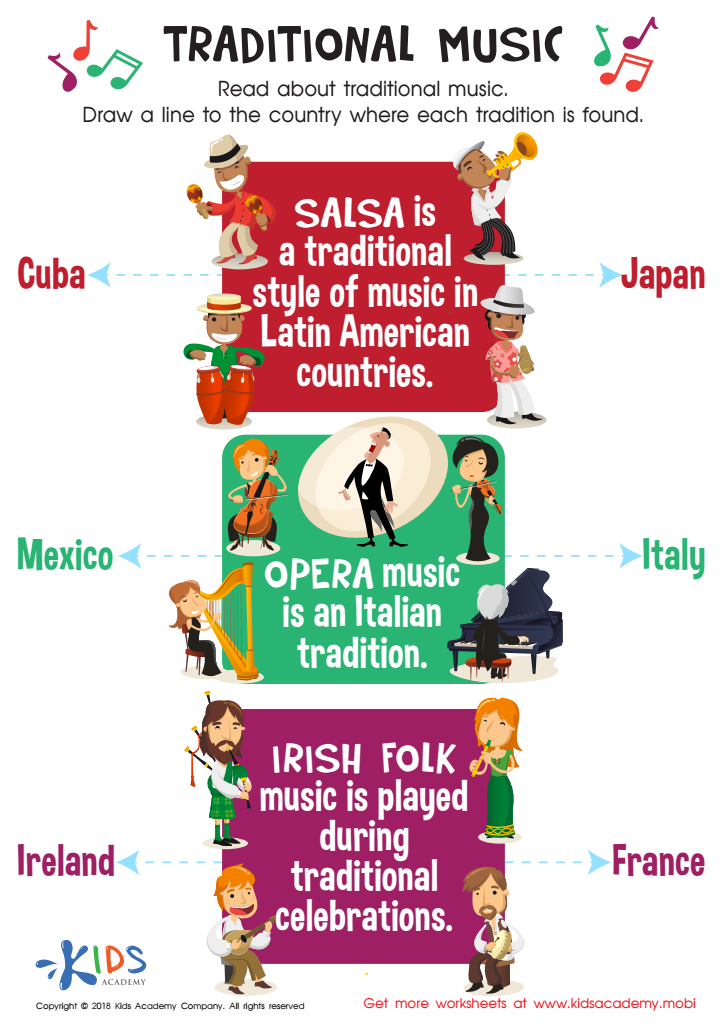

Traditional Music Worksheet
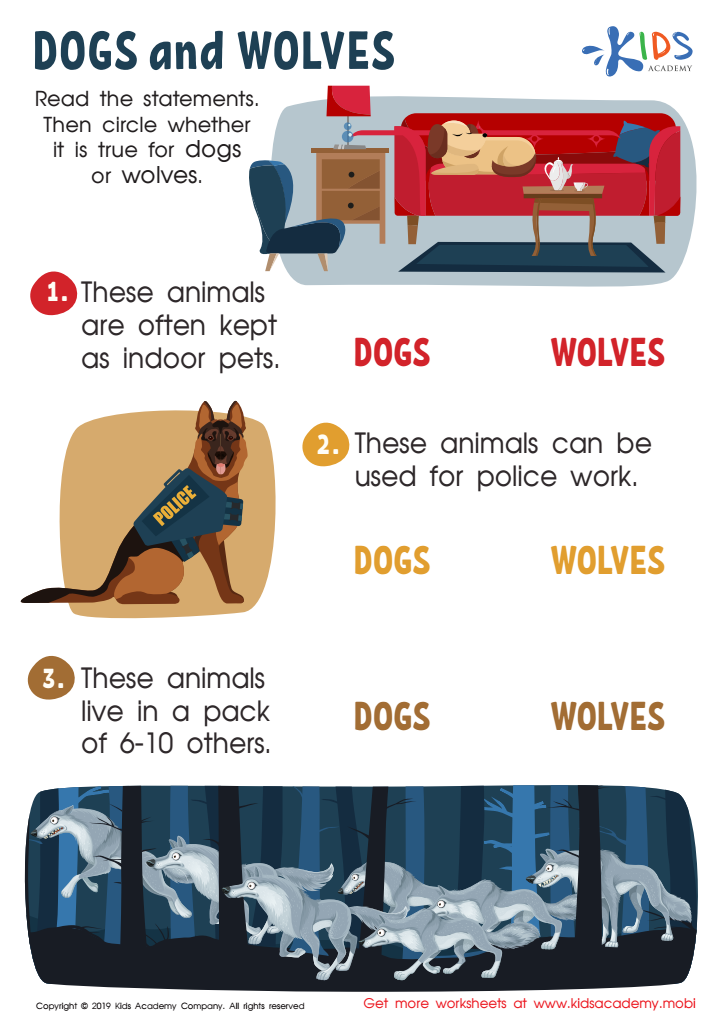

Dogs and Wolves Worksheet
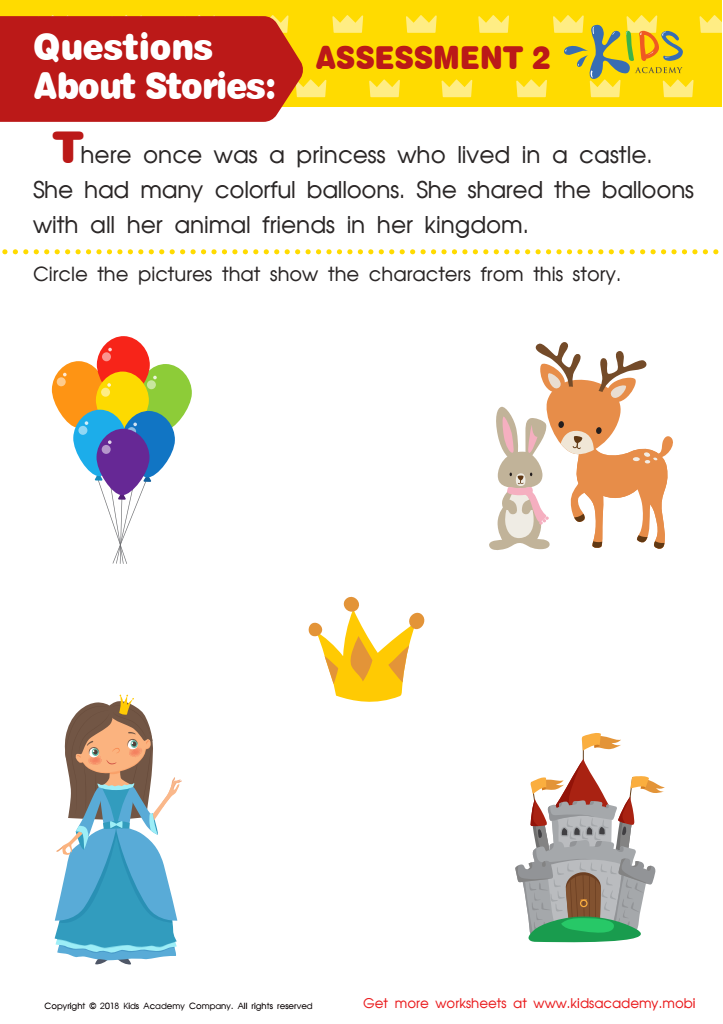

Questions About Stories: Assessment 2 Worksheet
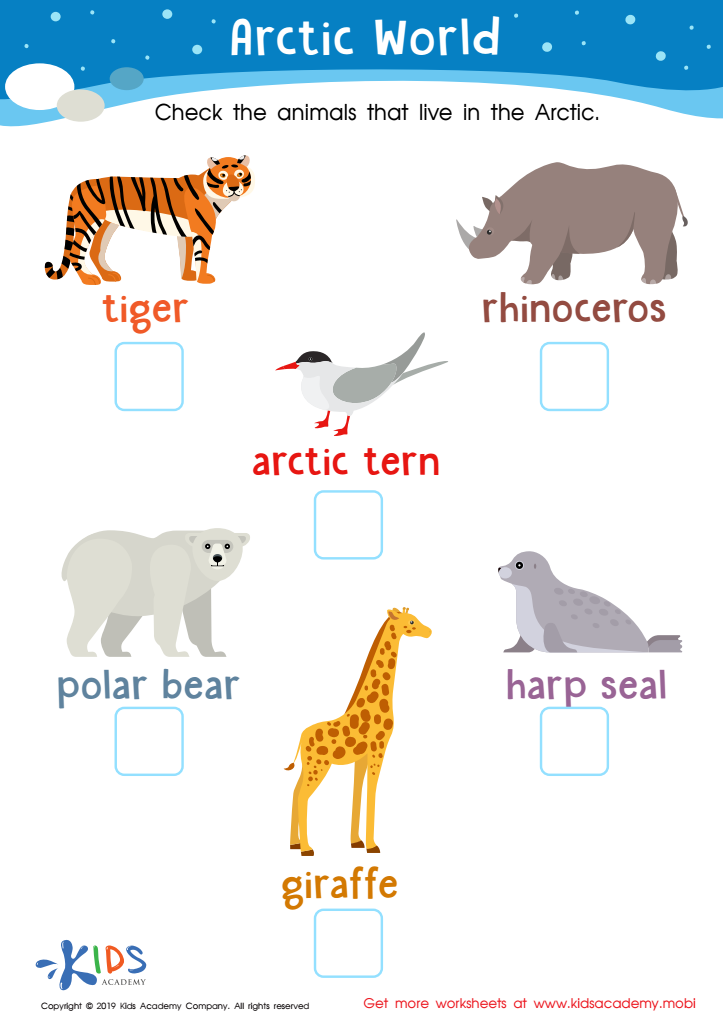

Arctic World Worksheet
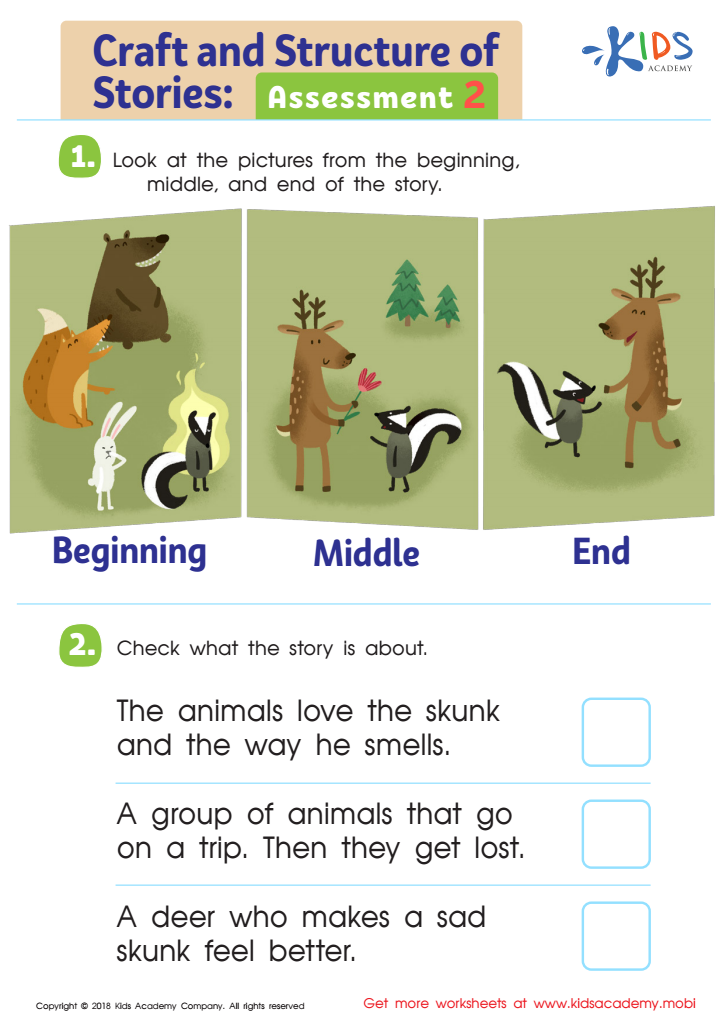

Craft and Structure of Stories: Assessment 2 Worksheet
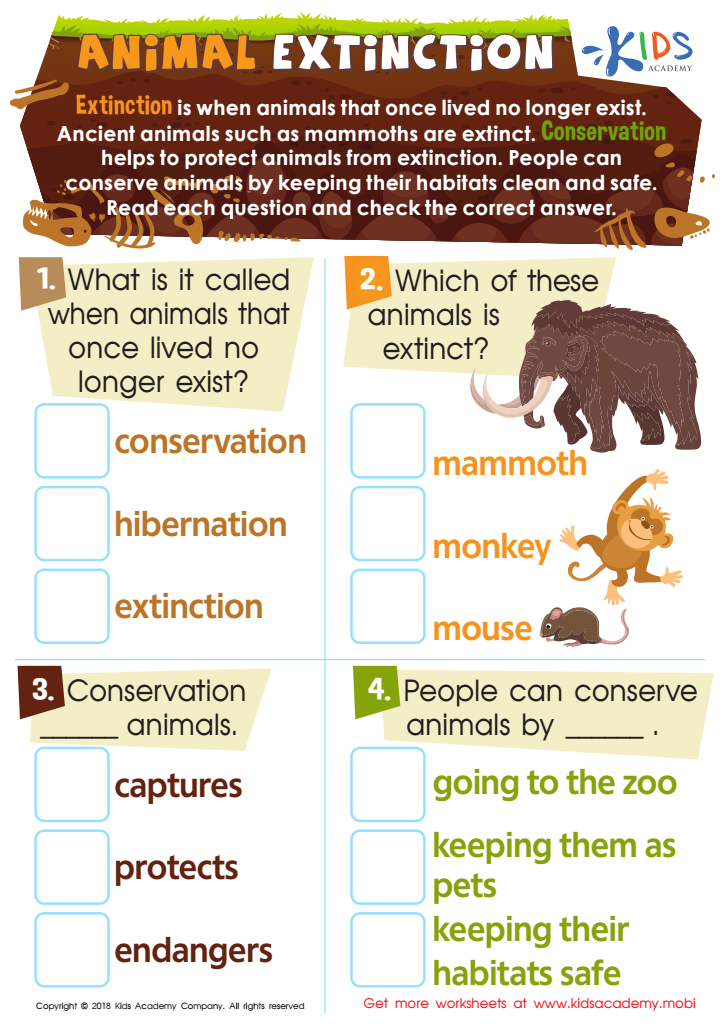

Animal Extinction Worksheet
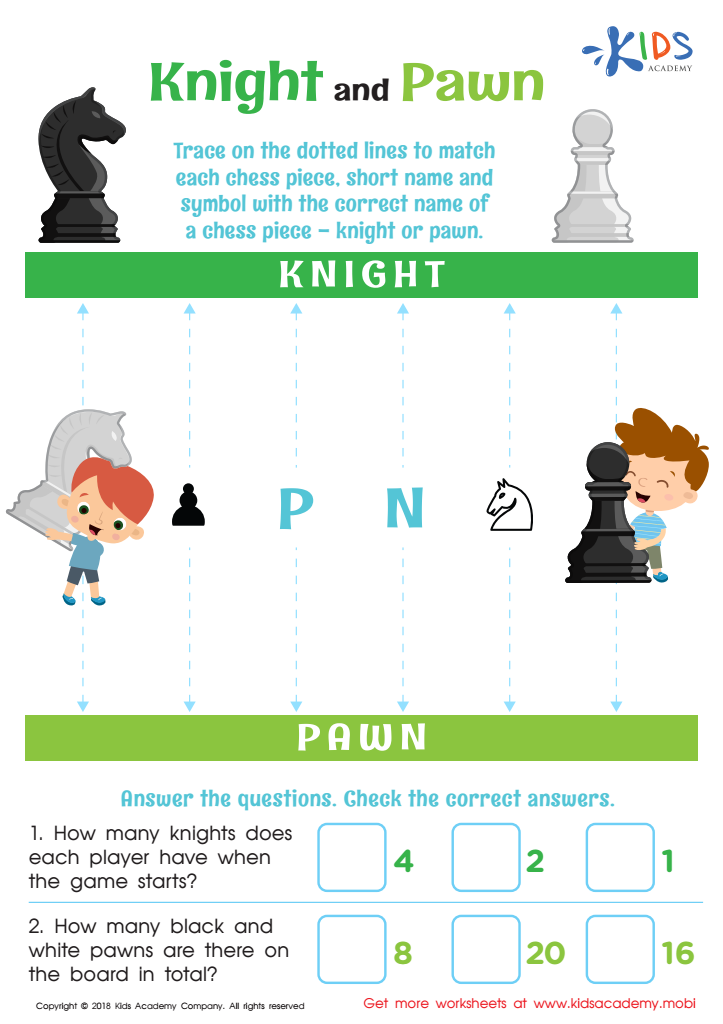

Knight and Pawn Worksheet
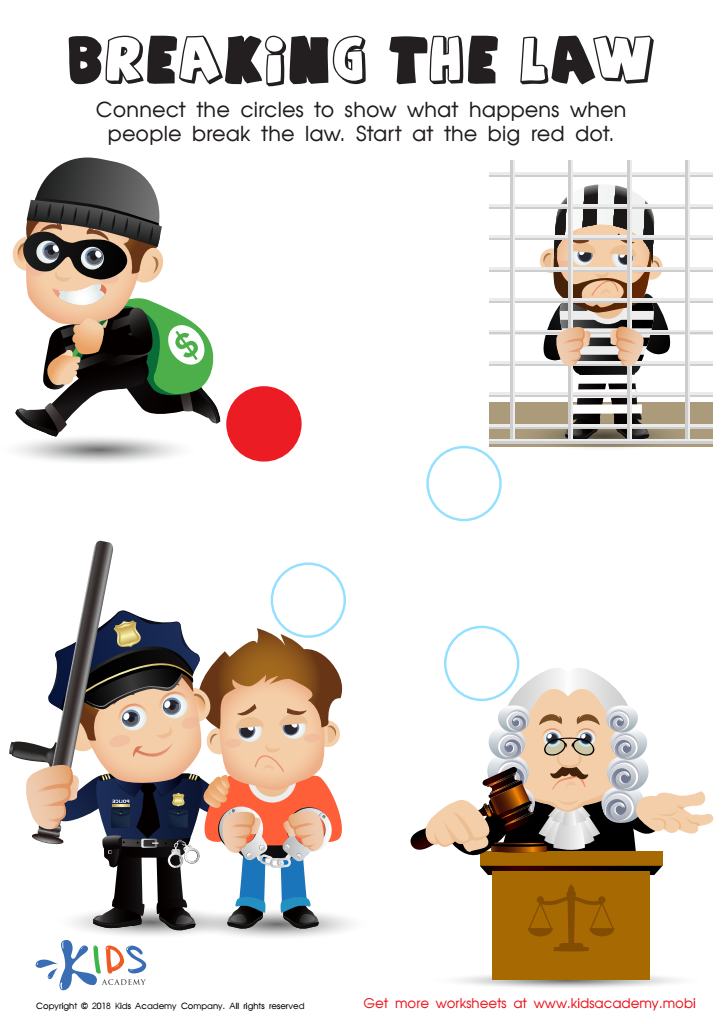

Breaking the Law Worksheet


Word Problems: Assessment 2 Worksheet
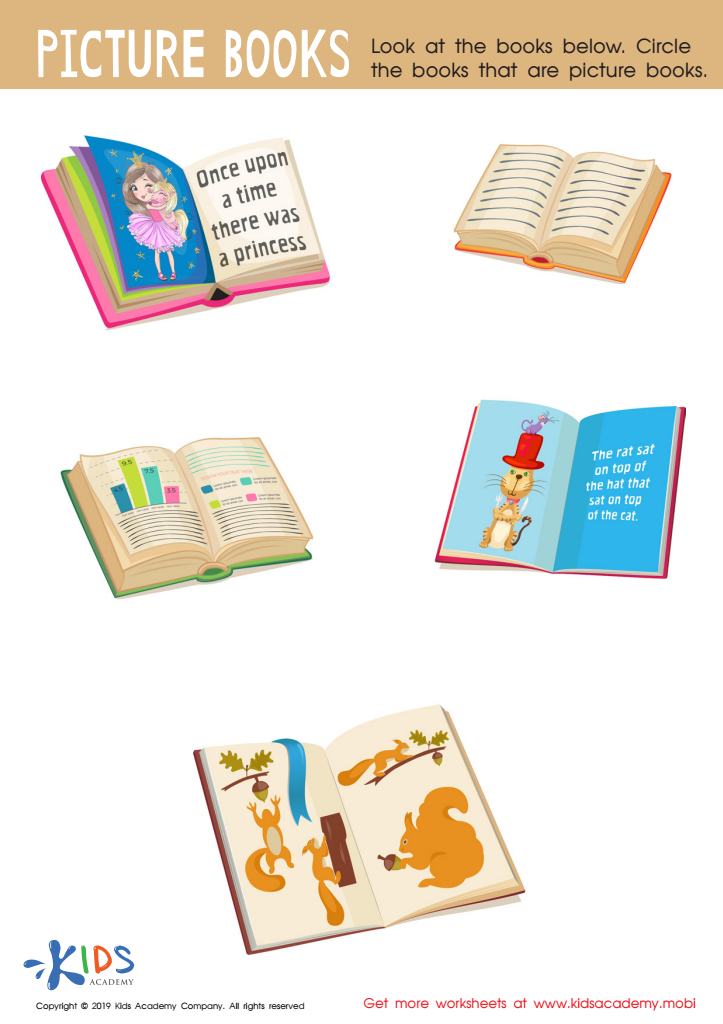

Picture Books Worksheet
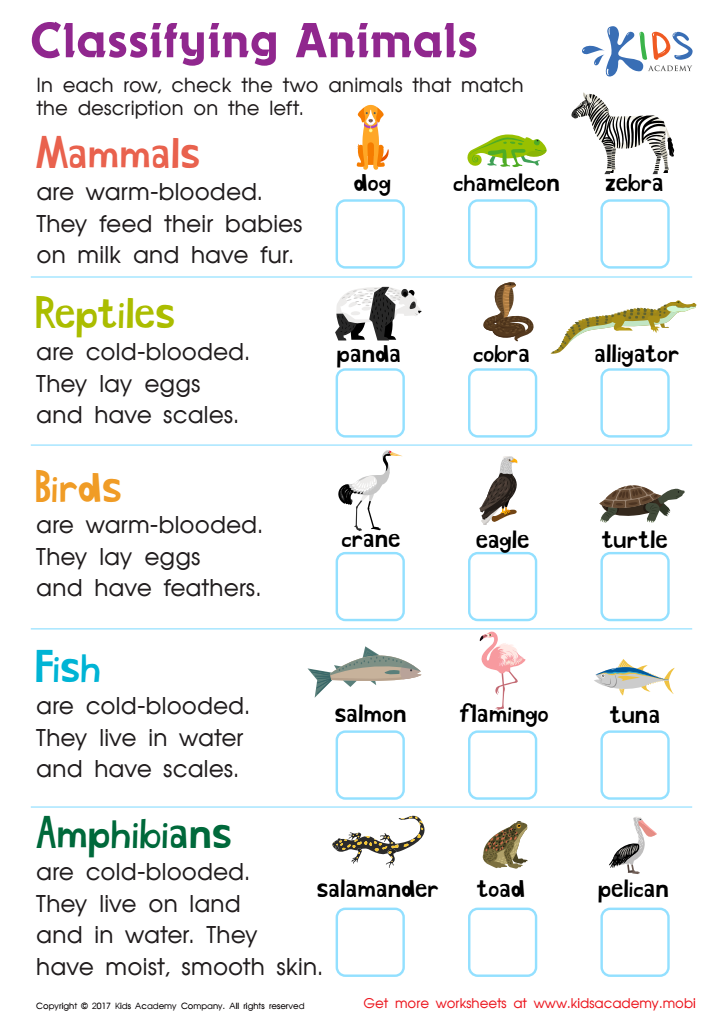

Classifying Animals Worksheet
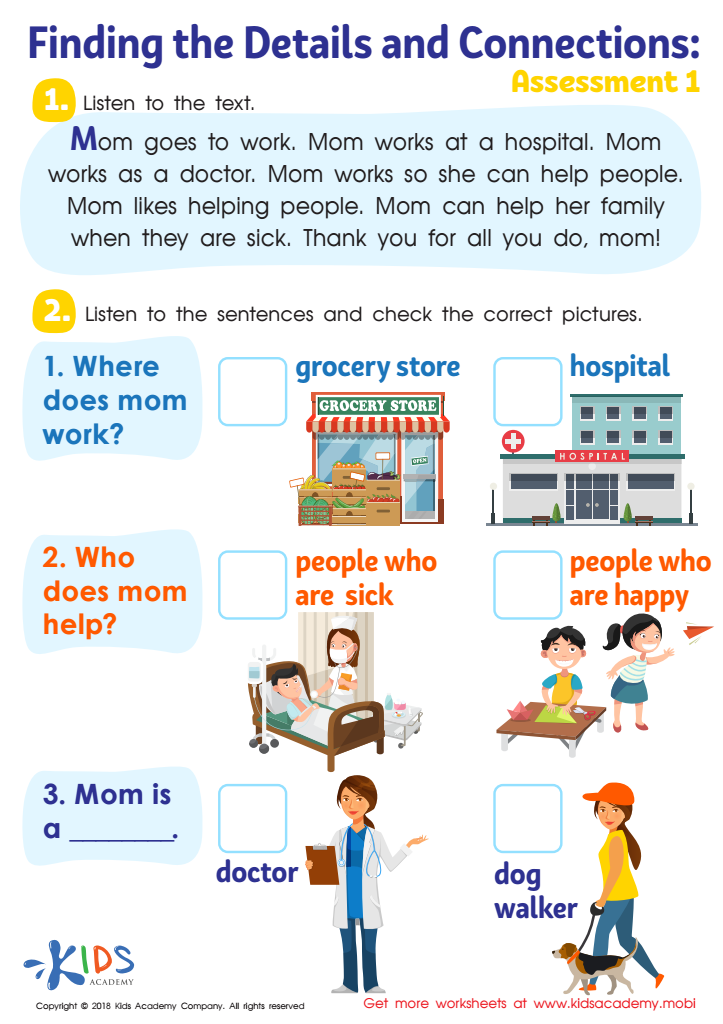

Finding the Details and Connections: Assessment 1 Worksheet
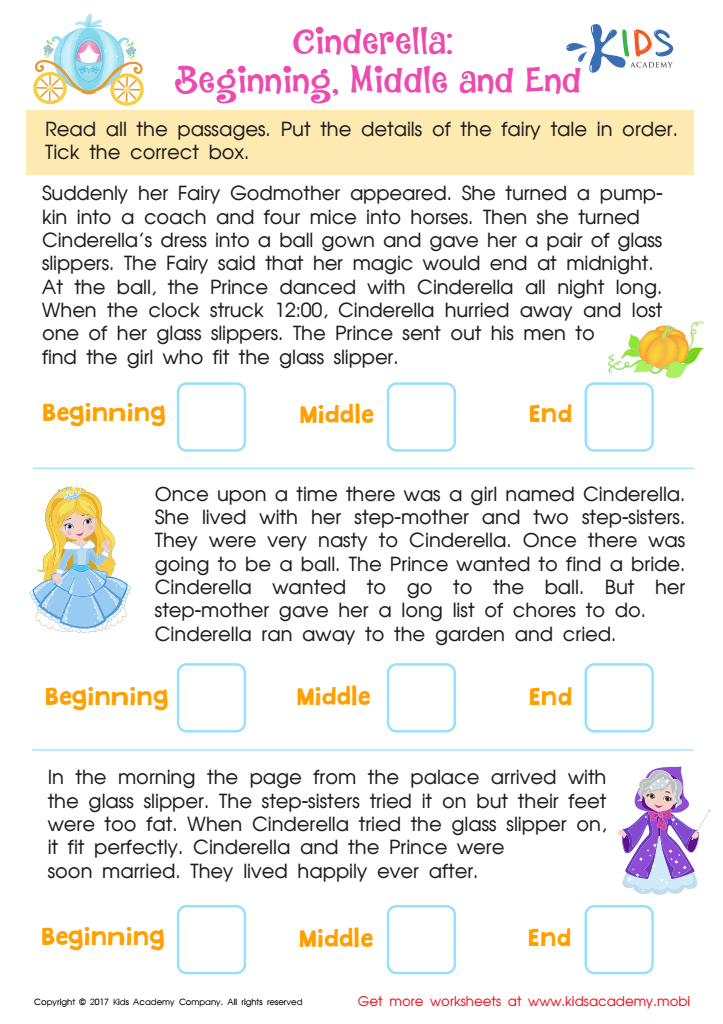

Cinderella: Beginning, Middle and End Worksheet
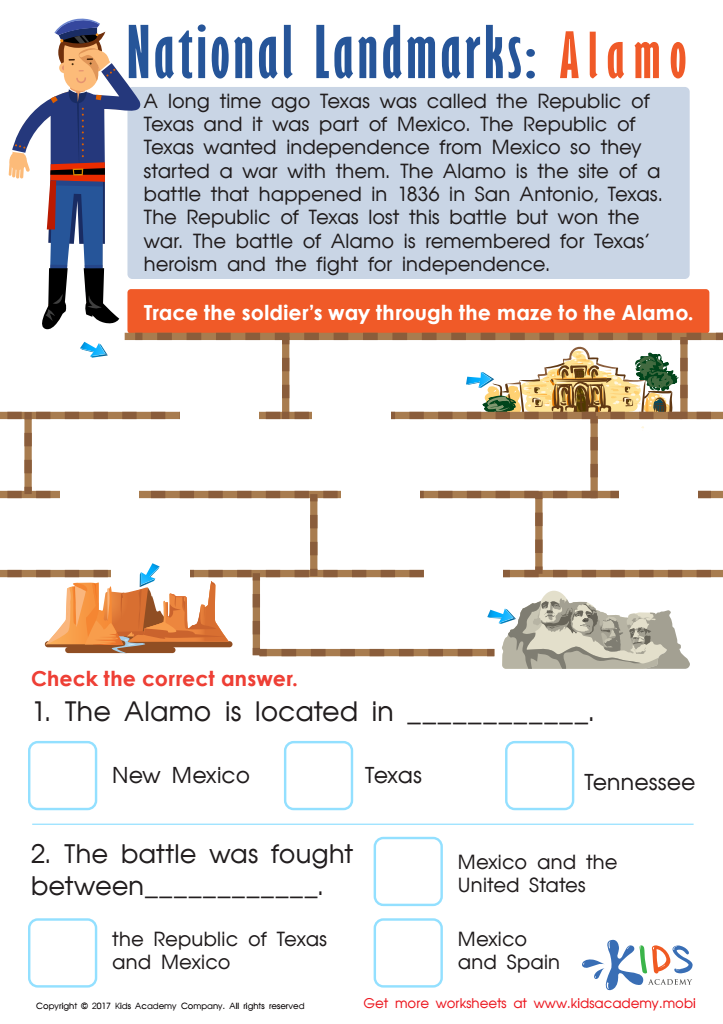

Alamo Printable Worksheet
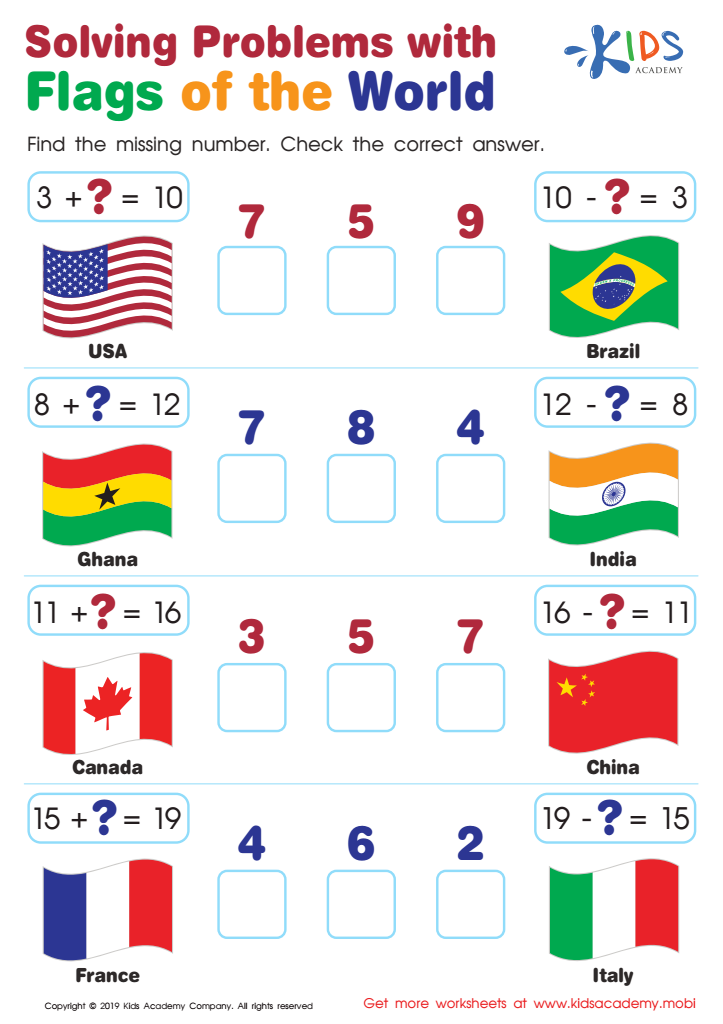

Solving Problems with Flags of the World Worksheet
Critical thinking is an essential life skill that helps children navigate complex environments, make informed decisions, and solve problems effectively. For ages 5-9, fostering critical thinking is crucial because it lays the groundwork for future cognitive development, academic success, and personal growth. At this stage, children are naturally curious and beginning to understand the world around them, making it a prime time to introduce and cultivate these skills.
Parents and teachers should care about nurturing critical thinking in young children to help them develop better reasoning, analytical skills, and creativity. This foundational ability allows children to thoughtfully question information, understand cause and effect, and evaluate multiple perspectives, which are valuable throughout their lives. For instance, when a child learns to question why a plant needs sunlight to grow, they are not merely memorizing facts, but grasping underlying principles.
Moreover, early exposure to critical thinking fosters independence and resilience. Children who can think critically are less likely to accept information at face value and more likely to seek evidence and justify their beliefs, enhancing their self-confidence and decision-making skills.
Therefore, integrating critical thinking into early education ensures that children can adapt, thrive, and engage in lifelong learning, which benefits both their academic journey and personal development.
 Assign to My Students
Assign to My Students


















